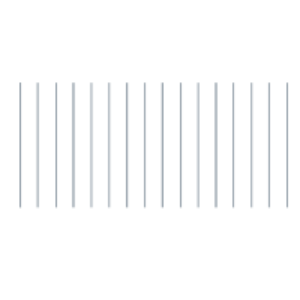Mapping Africa Transformations
Gender
West Africa faces some of the highest levels of gender inequality globally, impacting all areas of life. Despite these challenges, women emerge as powerful agents of change. Their resilience and leadership drive progress, foster growth, and inspire transformation. Leveraging data and analysis can guide efforts to unlock their potential, creating more equitable and thriving communities for all.
MAPTA provides data on violent events targeting women in West Africa over the past 20 years. Drawn from the Armed Conflict Location & Event Data Project (ACLED), this data is critical for understanding the nature and severity of violence against women and girls in the region. While the full magnitude of the issue remains unknown, this dataset serves as an important tool for informing more gender-focused responses to conflict and advancing policy solutions.
The heatmap visualises the density of violent events targeting women, with darker shades indicating areas of higher concentrations. From 2009-2018, the density of such events remained relatively low. However, 2019, marked a sharp increase with Nigeria, the Lake Chad basin, and Burkina Faso, particularly affected. Conflict dynamics in these areas have exacerbated gender-based violence.
Density of violent events targeting women 2009-23
Violent events are coded as targeting women when the victim(s) are composed either entirely or predominantly of women and girls, or if the primary target was a woman/girl (e.g. a woman politician attacked alongside two men bodyguards). These events specifically reflect cases of direct targeting. Incidents where women are killed alongside men are not categorised as violent events targeting women. Further details are available from ACLED.
Definitions of event types are available from ACLED.

